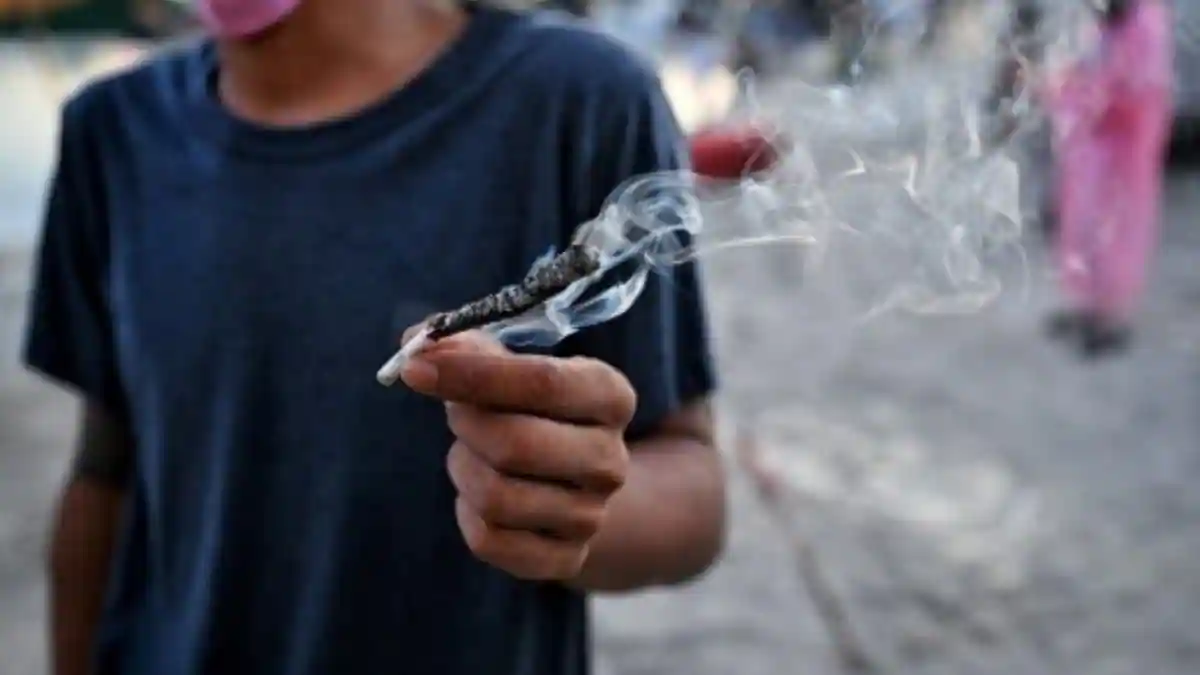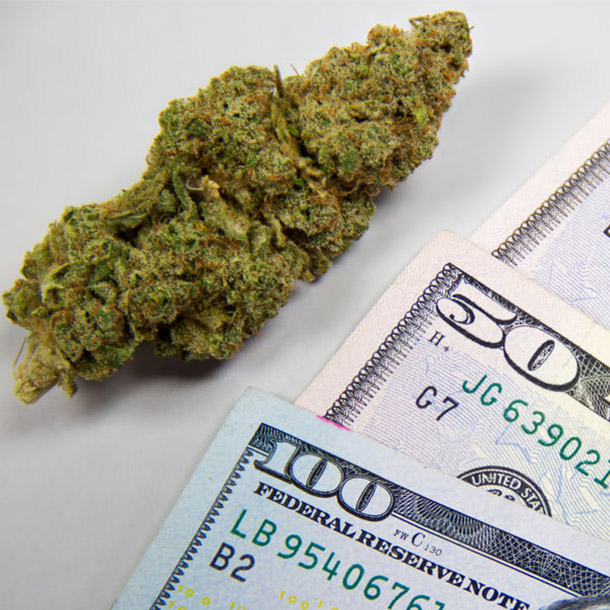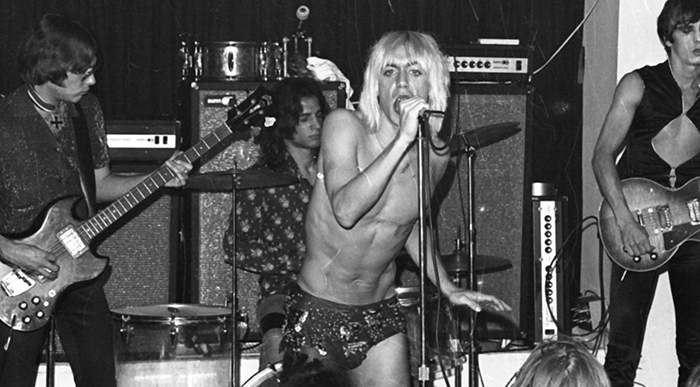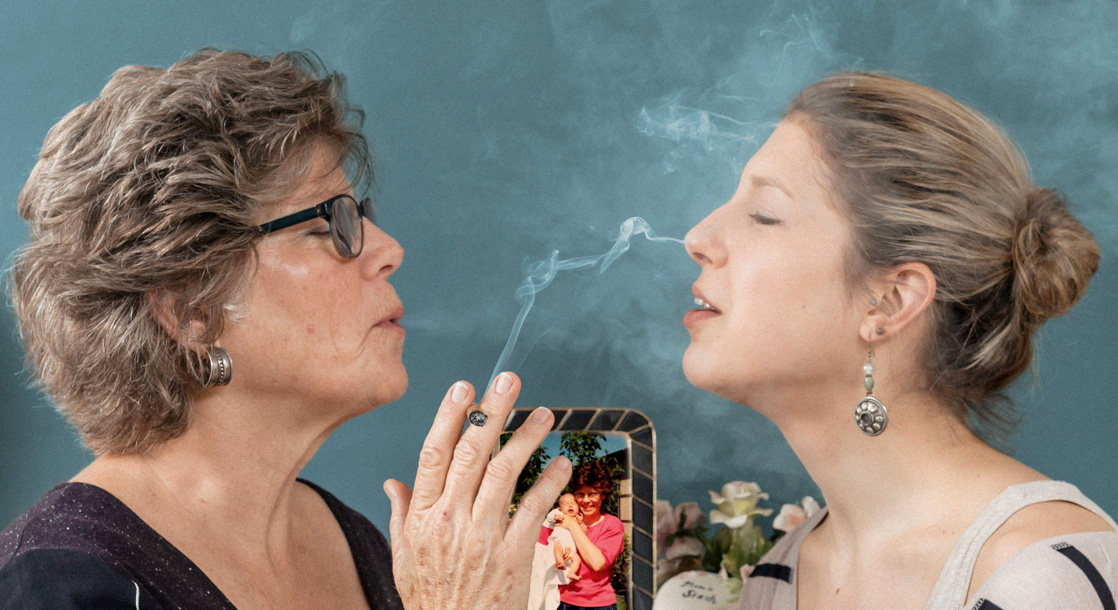Image via
Thai health minister Anutin Charnvirakul shared a few choice words for those traveling to the country to enjoy weed tourism: “We don’t welcome those kinds of tourists,” the official, one of the country’s most visible marijuana boosters, told the press on Wednesday.
You are allowed to be confused by what may appear to be a change of heart by a government who, not too long ago, promoted the idea of cannabis tourism zones. In fact, as recently as December of last year, Charnivirakul said, “Starting [in 2022], we will remove everything — stems, roots, sprigs, leaves, buds, flowers, and seeds — from the narcotics list.”
He de-scheduled cannabis with up to 0.2 percent THC a month later and decriminalized cultivation and possession on June 9th. Advocates and media platforms around the world trumpeted that Thailand had “legalized” cannabis because of the policy changes.
Soon, a wave of cannabis cafes had opened to cater to 420 foreigners, and weed trucks proudly displaying jars of good-looking green stuff were lining Bangkok’s tourist-attracting Khaosan Road. (A phenomenon that is not unlike that of the unlicensed weed trucks in New York City that are soon to be the target of an NYPD crackdown.)
It’s true that media sources have reported ideas attributed to the Thai Food and Drug Administration of (probably strangely-translated) “cannabis sandbox zones” that would allow tourists to enjoy the country’s legal products. But again, those rumored plans were geared towards low-THC items and potentially the medicinal cannabis oil that’s administered at the country’s existing network of hospital clinics.
Such medicinal uses have dominated the government’s discourse surrounding cannabis legalization. Thailand began widening access to medical marijuana back in 2018 and has since promoted it as a potential source of income for the nation’s struggling agricultural sector — which employed a healthy 31 percent of the population in 2019, according to the World Bank.
This spring, it was announced that Charnivirakul would be embarking on a 12-location cannabis information tour that would touch on everything from hemp cultivation techniques — to the development of cannabis tourism.
“Cannabis actually has plenty of medical benefits, not different from other herbs,” the minister said at the time. “And we are trying our best to make the Thai people enjoy both medical and economic benefits from it.”
One might argue that if Thailand’s top priority is foreign tourism, they could make more money by leaning into the perception that recreational weed is a go. CNN reports that the country has upped its expectation for visitors, from seven million in 2022 to eight to 10 million. (Last year, less than half a million came through.)
At the end of the day, regulations surrounding cannabis in Thailand won’t be completely defined until the country’s legislators hammer out a law that will (hopefully) protect consumers and establish a commercial industry for some forms of the plant — even if that industry is limited to medicinal and therapeutic uses.
Oh, and let’s not forget: Smoking weed in public in Thailand can still net you a three-month jail sentence, or a 25,000 baht ($705.82) fine. That’ll ruin a vacation, for sure.











